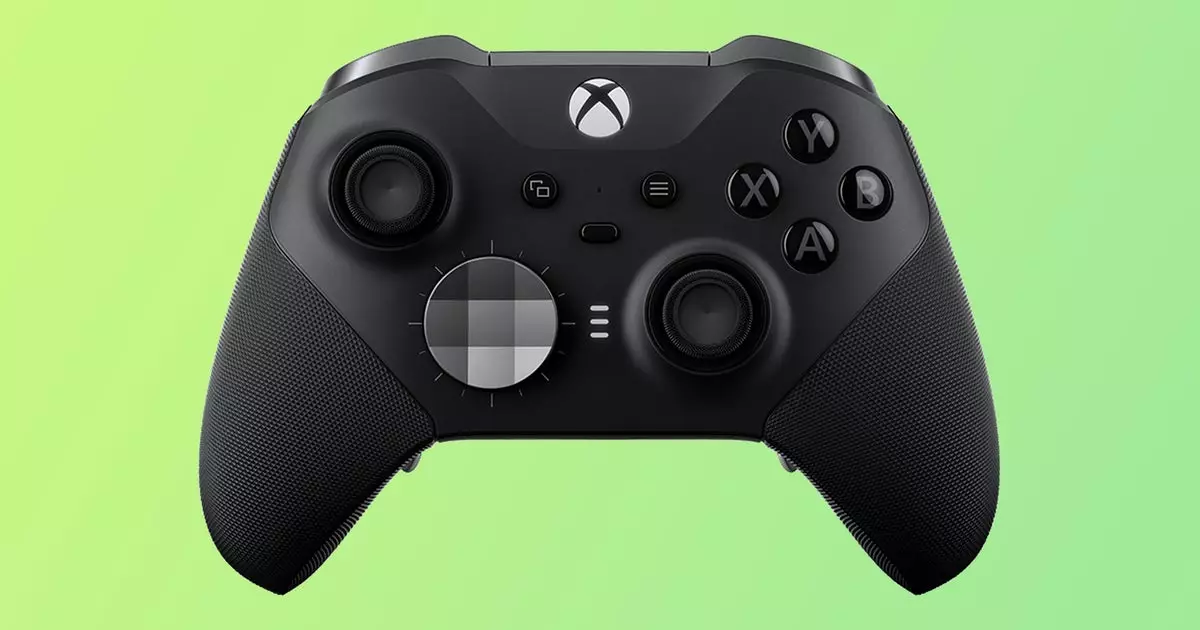In a time of rising global awareness concerning corporate responsibility and ethical partnerships, the Boycott, Divestment, and Sanctions (BDS) movement has once again emerged as a focal point in the digital entertainment realm. A recent call to action directed at Microsoft invites gamers and tech enthusiasts to cancel their Game Pass subscriptions and avoid playing iconic titles like Minecraft and Call of Duty. This push stems from troubling reports regarding Microsoft’s alleged ties to the Israeli military and their technological involvement amidst ongoing conflict in Gaza. While consumer choice is at the heart of this issue, the ramifications extend far beyond casual decision-making in the digital marketplace.
The Allegations and Their Implications
This wave of activism was ignited by a January investigation from respected media outlets, including The Guardian and several regional publications, revealing that Microsoft’s cloud technology—specifically Azure—has reportedly been employed by the Israeli military during its operations in Gaza. These revelations suggest an unnerving partnership that goes beyond mere commercial interests. The investigation alleges that Microsoft has facilitated military activities through advanced technology integration, potentially implicating them in human rights violations as well as the deepening of political conflicts in a volatile region.
The BDS movement’s objection to these partnerships aims to shine a light on ethical consumption, asking consumers to consider the broader implications of their gaming preferences. While the gaming community often prides itself on inclusivity and diverse narratives, this irony juxtaposes starkly against allegations that Microsoft technologies may be utilized to control and monitor populations facing severe humanitarian challenges.
Mobilizing Community Action
Activists are leveraging social media and grassroots organizing to fuel the boycott, urging consumers to reconsider their relationship with Microsoft-owned platforms. High-profile public calls, particularly from former Microsoft employees like Abdo Mohamed and Hossam Nasr, illuminate a personal stake in opposing corporate complicity in warfare. After being dismissed for organizing a memorial for victims in Gaza, their voices lend credence to the collective outcry urging change.
By mobilizing not only gamers but also a wide spectrum of tech consumers, the BDS movement emphasizes that buying choices signify support for corporate ethics. The bond between our entertainment choices and global human rights is more pronounced than ever, and activists are leveraging this intersection to advocate for accountability from major corporations like Microsoft. The ramifications of this advocacy extend beyond the gaming world, resonating within discussions surrounding corporate governance and ethical responsibility.
Historical Context and Reactions
This isn’t Microsoft’s first encounter with the BDS movement; the corporation faced scrutiny in 2020 over its involvement with AnyVision, a start-up criticized for its facial recognition technology used in surveillance operations. Following backlash, Microsoft divested from the company and distanced itself from the controversial technology. Such historical context illustrates an ongoing pattern: as transparency emerges, corporations must navigate growing public unease regarding ethically ambiguous alliances.
Moreover, the boycott raises essential questions about the role of corporations in the global landscape. Should the ethical considerations surrounding business practices inform consumer loyalty, even in areas typically regarded as entertainment? The BDS movement’s current focus on Microsoft tests the public’s willingness to see beyond the surface of gaming culture, urging individuals to reconsider the broader implications of their digital consumption.
The Broader Significance
While the immediate goal of the BDS movement might appear localized to a tech giant, its implications resonate through broader social issues, igniting conversations about corporate responsibility amidst humanitarian crises. The mobilization against Microsoft is a rallying cry for ethical consumerism in a world often bridled by apathy and passive consumption. Activists advocate for awareness and engagement, encouraging consumers to leverage their voices—even in areas traditionally seen as innocuous, like video gaming.
Ultimately, the unfolding narrative surrounding the boycott of Microsoft products could reshape the relationship between technology companies and their consumer bases, challenging other corporations to critically evaluate their partnerships and the ethical dimensions entwined with them. Through pushback against perceived complicity in wrongdoing, movements like BDS not only aim for immediate change but also signal a growing demand for corporate accountability on a much larger scale.


Leave a Reply